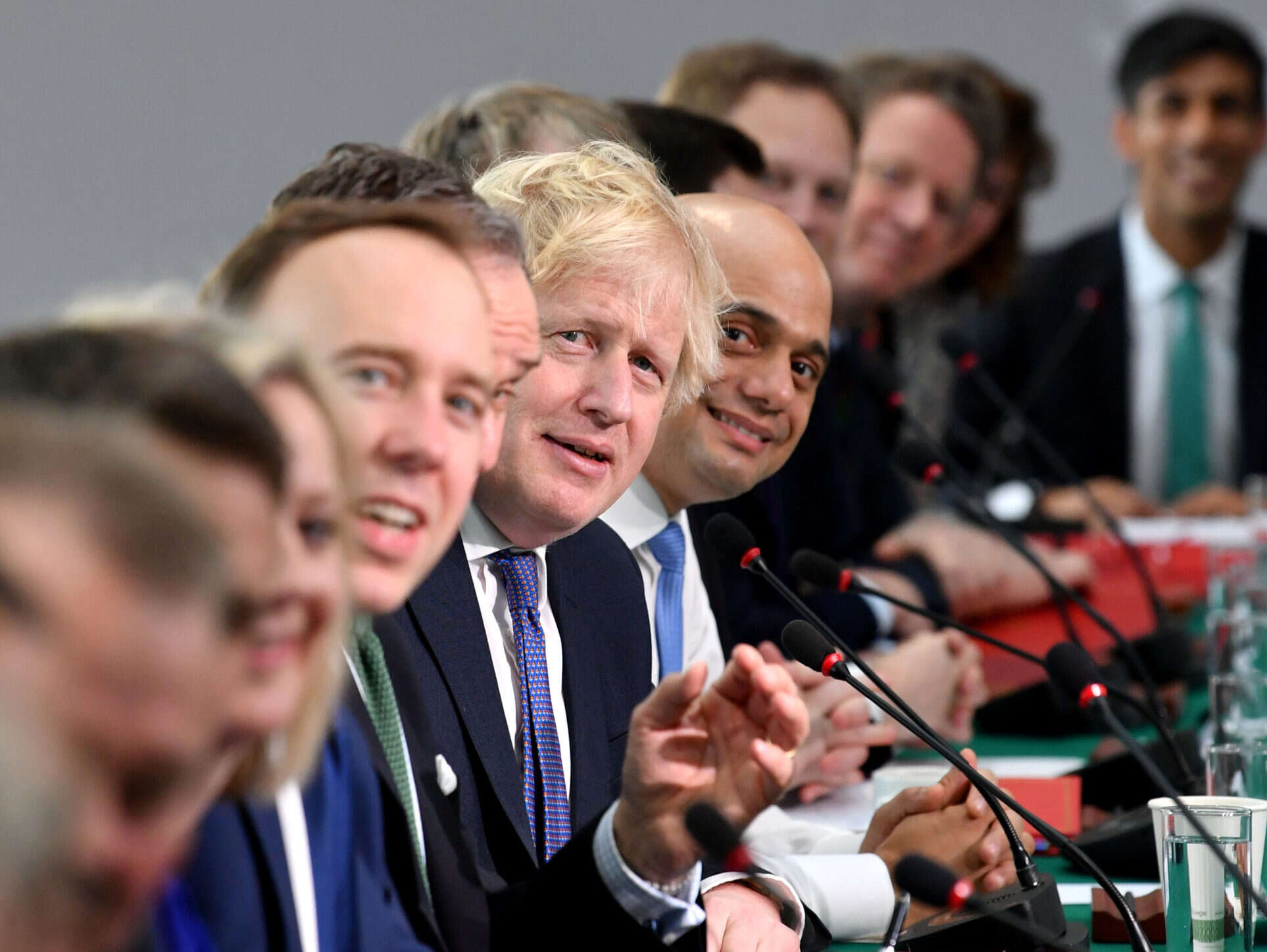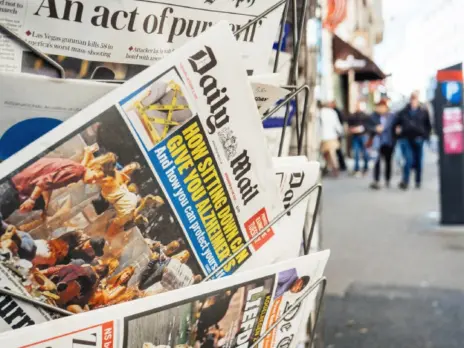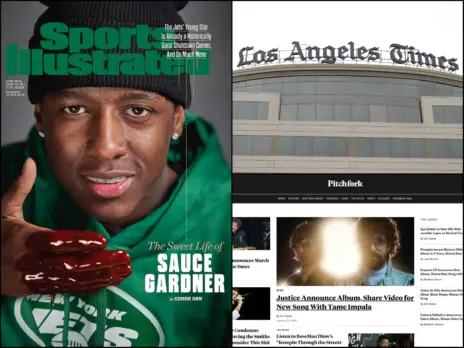
More than half of the world’s population is now living in a country in which freedom of expression is categorised as “in crisis”, according to UK-based charity Article 19.
The group said this score of 51% was the worst seen in 20 years and that although its latest report focuses on freedom of expression in 2019, the trend has worsened further this year due to misinformation spread both online and off.
It said: “We have seen a deterioration of the right to speak, to know and to be heard over years, but 2019 created a perfect storm, with the confluence of protests, internet shutdowns and the increased attacks against journalists and human rights defenders.”
The group added: “Many governments have used the global pandemic as a pretext to further restrict expression online, in the media, and on the streets.”
The report noted that some governments, including in the UK, have “made efforts to undermine public trust in public service media, and have limited their appearances on those media, thereby minimising opportunities to be held to account”.
In the UK this is likely to refer to ministers’ refusals to appear on BBC Radio 4’s Today programme up until the Covid-19 pandemic, and now Good Morning Britain on ITV.
It also noted: “Political control of information is increasing: state and oligarchic media ownership is on the rise as public service media are eroded, with reduced funding, political interference, or transformation into state media.”
Article 19 said freedom of expression was worst in China, India, Turkey, Russia, Bangladesh, and Iran but countries including the US, Brazil, Hungary and Tanzania are also showing “concerning declines”.
At the end of 2019, 250 journalists were in prison – about the same amount as at the end of 2018 – and 98% of those were local journalists. The worst jailers were China, Turkey, Saudi Arabia, and Egypt, followed by Eritrea, Vietnam, and Iran.
Article 19 counted 57 journalists killed in 2019 with an impunity rate of about 90%.
In the US, there has been a decline in transparency in the latter part of Donald Trump’s presidency, Article 19 claimed.
It cited a rise in access to information denials in 2019, as recorded by the US Press Freedom Tracker, and an increase in journalists being denied access to local and state government events.
It also pointed to the US Justice Department’s continued pursuit of charges against Wikileaks founder Julian Assange, who is currently awaiting a judge’s decision on whether he should be extradited from the UK.
Elsewhere Brazil’s President Jair Bolsonaro allegedly made ten attacks on journalists per month in 2019, 28% of journalists in Asia and the Pacific said legal issues had affected their place of work, and the Council of Europe recorded 142 serious threats to media freedom in 2019.
Matthew Caruana Galizia (pictured), the eldest son of Daphne Caruana Galizia who was murdered three years ago, is running a foundation in her name to fight for justice and said his work had given “insight into what’s required to achieve justice for the murder of a journalist”.
A public inquiry into the case has been launched while several suspects await trial but 19 press freedom and human rights groups have said a “thorough and effective” criminal investigation to find all those responsible is still needed and the “ongoing government obstruction” of the inquiry must end.
Speaking at a launch event for Article 19’s report, Caruana Galizia said: “With this one case we can create a deterrent for all the others and use it as a model for pursuing justice in other cases.”
This work includes developing a new set of tools to fight for justice including strategies to work with parliaments and rapporteurs and seeing what works and what doesn’t in criminal investigations.
“We know that it’s just a question of being persistent and I really hope that the foundation we are setting up and the fight that we’ve started will persist past even my lifetime because I think it’s something that we are going to need to continue working across generations to continue to resolve.
“Of course there are all these individual fights in Malta, Hong Kong, all over the world, in Belarus, but I think we are all, maybe even without knowing, working together and fighting against the same kind of people, the same kind of systems, and hopefully with all of these synchronised efforts will lead to the change we need to protect freedom of expression globally.”
Caruana Galizia added that his team wrote to the UK Foreign Office last week urging its Magnitsky law to impose sanctions on anyone responsible for human rights violations or abuses, including against journalists and whistleblowers, to go further on corruption.
He said international lobbying is “absolutely crucial”, adding: “Without that then nothing would ever change.”
Asked what journalists can do to help, Article 19 executive director Quinn McKew told Press Gazette: “The report’s findings highlight the absolute centrality of the media in the solutions.
“The attacks on the media are the precursors of local declines in democracy around the world. Sometimes I think the day-to-day can be easy to lose sight of what the stakes are.
“So I think the key role that journalists play is in accountability and in highlighting the voices of those who are really on the frontlines and facing down – literally – the bullets in a lot of cases is absolutely essential.
“So to encourage that bravery, and the call to accountability that drives a lot of journalism around the world in terms of bringing those who are powerful to account for their actions, is utterly crucial if we’re actually going to see an improvement in the freedom of expression environment globally.”
Picture: Reuters/Shannon Stapleton
Email pged@pressgazette.co.uk to point out mistakes, provide story tips or send in a letter for publication on our "Letters Page" blog






